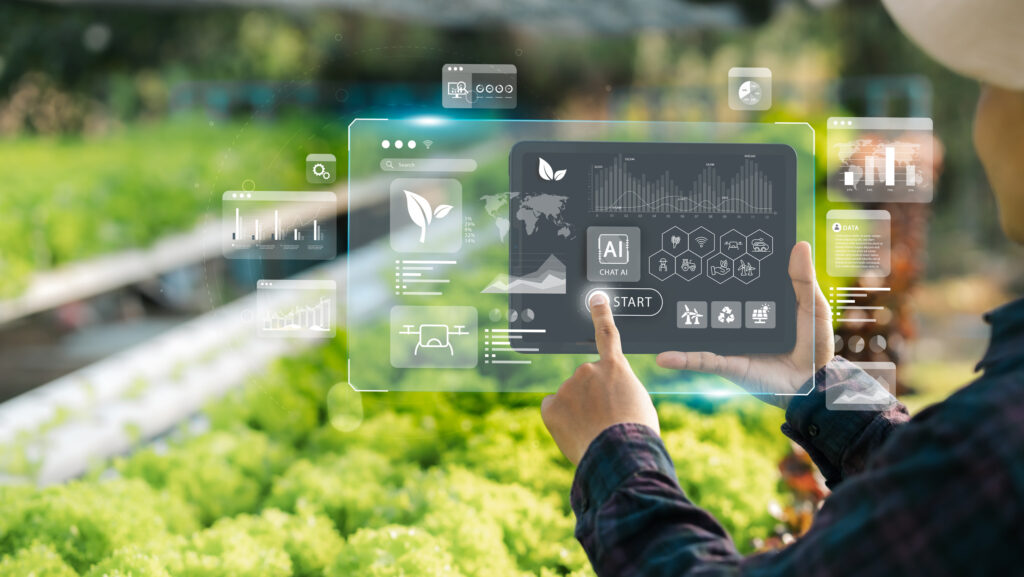Key Takeaways
- The impact of AI on livestock production may surpass that of tractors, according to experts at AI(Live) conference.
- Current AI applications are already benefiting parts of the agricultural supply chain, such as financial document analysis.
- Transformative changes in farming may occur gradually rather than rapidly, despite expectations during economic hardships.
The Impact of AI on Farming
During the AI(Live) conference, experts discussed the potential of artificial intelligence (AI) to revolutionize livestock production, predicting an impact greater than that of tractors. This event brought together a mix of supporters and skeptics, sparking productive dialogue about why farmers may hesitate to adopt new technologies.
Farmers face a daunting landscape where rapid technological advancements can feel overwhelming. The transition from traditional methods, like using horses, to modern machinery, such as tractors, was a slow process; historical data shows that the decline in the agricultural horse population took decades to materialize. Dr. Felicity McWilliams notes that by 1959, only 10% of the equine population remained compared to its peak in 1921.
While some view AI as a future promise, its present applications are already aiding various sectors of agriculture. For instance, Jeff Bradshaw from Oxbury Bank highlighted that an AI tool drastically reduced the time and cost spent on financial document analysis—from £60 and 24 hours to just 10p and three minutes. Additionally, Dr. Jude Capper from Harper Adams University discussed research using AI for enhancements in animal health, including predicting lameness in dairy cattle and chick mortality in poultry.
Despite these advancements, Dr. McWilliams argues that the journey to modern agriculture has been gradual, often marked by periods of economic hardship that inhibit innovation. During the 1930s, for example, a depression in arable prices slowed change significantly, contradicting the assumption that crises spark rapid transformation. In reality, financial limitations can lead farmers to avoid exploring new methods.
Looking ahead, it seems that sectors of agriculture demonstrating strong profitability may be the first to embrace AI technology fully. As such, those enterprises cultivating an optimistic outlook, backed by financial stability, will likely lead the charge for innovation in farming practices spurred by AI.
The content above is a summary. For more details, see the source article.















